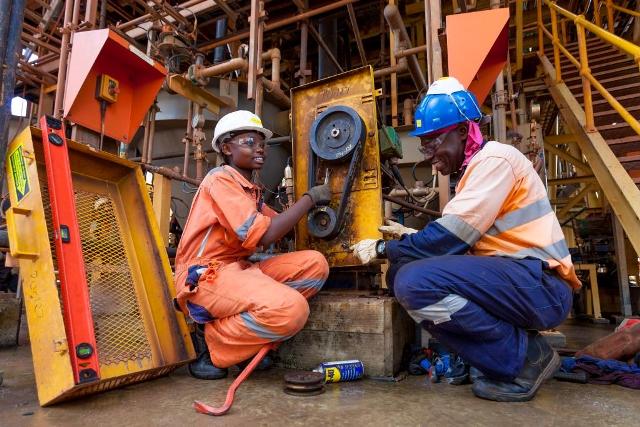To practice engineering in Kenya and for one to be recognised as an Engineer, it is necessary for them to register in both the Engineers Board of Kenya (EBK) and the Institution of Engineers of Kenya (IEK).
EBK is a regulatory body resulting from the Engineers Act 2011 with the explicit mandate to regulate the engineering practice in the country.
The board interests itself with all aspects of engineering practice in Kenya from the accreditation of courses at the University level to the Continuous Professional Development (CPD) of Engineers. Included in the board of EBK are four individuals nominated from IEK including the Chairman of the institution.
IEK on the other hand is the learned society of the Engineering Profession in Kenya. The institution has the objective to spearhead the wellbeing of the occupation and development of the engineering profession in Kenya. The institution has been in existence since 1972 championing engineers and looking for ways to protect and improve the practice of engineering in Kenya.
IEK has membership classes that vary from, Honorary Members, Fellows, Corporate Members, Associate Members, Companion Members, Graduate Members, and Student Members.
Read:The ultimate guide to registering as contractor in Kenya
Individuals who are undergoing or who have undergone training from institutions of higher learning that are recognised by EBK can apply for appropriate Classes of Membership depending on their qualifications and experience. It is noteworthy that currently the two bodies IEK and EBK, are structured in such a manner that you have to join IEK to join EBK as a Practising Engineer.
The membership options under EBK include, Graduate Engineer, Practising Engineer, Consulting Engineer, Accredited Checker, Temporary registration and Consulting Engineering firms. The board accomplishes its functions through a Secretariat headed by the Registrar and through Committees charged with different responsibilities.
The committees at EBK include, Professional Interview Panels, Academic Qualifications Committee, and Professional Engineering Training Committee. The board not only maintains a list of registered individuals at different classes, but also publishes the names in the Kenya Gazette obtainable from the government printer.
This is for the public to peruse through while in need of qualified persons to carry out engineering work. Legal repercussions face those who carry out the works of engineers without proper registration.
IEK on the other hand conducts its functions through its council and various committees. Elections are held every year at the Annual General Meetings (AGM), which take place during the IEK international conferences.
These Committees include, Membership, Functions & Conference, Training & Capacity Building, Welfare and Development, Disciplinary and Arbitration, Advocacy and Publicity, Industrialization Environment & Quality Assurance, and Finance and Administration
Moreover, individuals who are registered as Consulting Engineers by the board have the option of joining the Association of Consulting Engineers of Kenya (ACEK).
This is a body older than IEK, which was created in 1968 to promote the advancement of the professionalism of Consultation and co-operation among Engineers. The organisation targets engineers whose work is of a purely consultative character.
The three bodies EBK, IEK and ACEK are the main bodies that concern themselves with the practice of Engineering in Kenya in all the different levels. These are the organisations to register with to practice engineering on Kenya.
To join IEK visit www.iekenya.org while to join EBK visit ebk.or.ke/
By Achola Kevin

